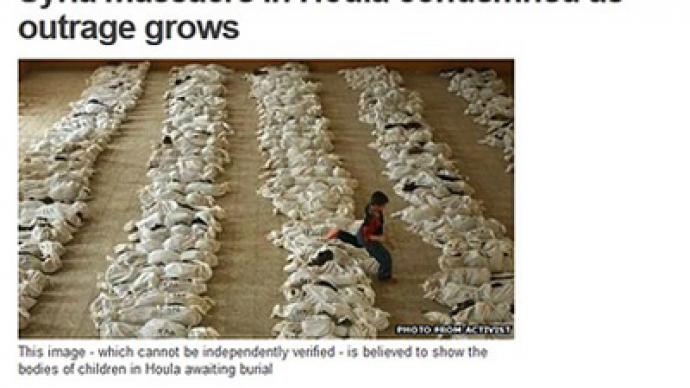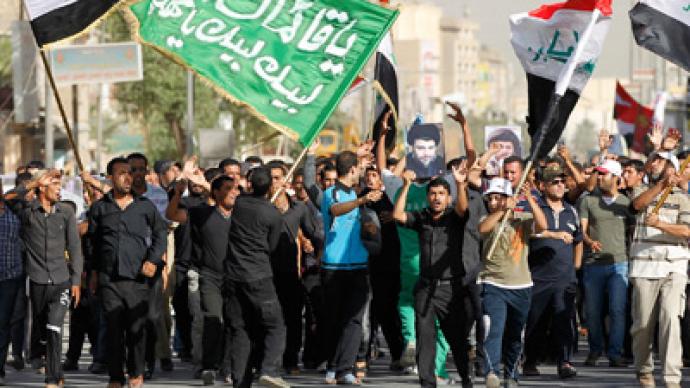An internal inquiry at the BBC concluded that although “generally impartial”, its coverage of the Middle East uprisings lacked context. TJ Walker, CEO of Media Training Worldwide, says the BBC is losing its status as a leading broadcaster.
“There is a bias, always in favor of the bigger story. The true revolution is always going to be more exciting, it’s going to be a bigger story and that’s what reporters want to be a part of. It doesn’t mean it was a good journalistic decision, but that is reality when it comes to major networks,” Walker told RT.Authored by Edward Mortimer, a former foreign affairs commentator for the Times and Financial Times and ex-UN director of communications, the BBC Trust report accused the network of being slow to highlight human rights abuses by rebel factions in the Libyan war and underestimating the violent nature of the Syrian uprising as it began. It also stated that the channel failed to provide international reaction to events or focus on other countries like Saudi Arabia and Bahrain.The BBC has acknowledged that its coverage of the subject could have been broader.“In the conflict in Egypt in the beginning. . . we might have sounded over-excited – you can take on the color of who you’re with,” Helen Boaden, the director of news, was quoted saying. “In Libya too, where we were essentially embedded [with the rebels] at the start, we might have sounded over-excited – you have to be careful if you can’t get to the other side of the story.”In TJ Walker’s opinion, the corporation’s bigger problem is the increasing competition.“It’s easy to be the gold standard when you really have no competition. And that was the case for so many decades,” he said. Now, he continued, new networks are emerging around the world. Bloggers, citizen journalists and websites are taking their own niches too.“And there’s a lot of good stuff out there at every level – to professional level, at the citizen journalism level. So it’s harder for one organization to be the dominant voice,” Walker concluded.


